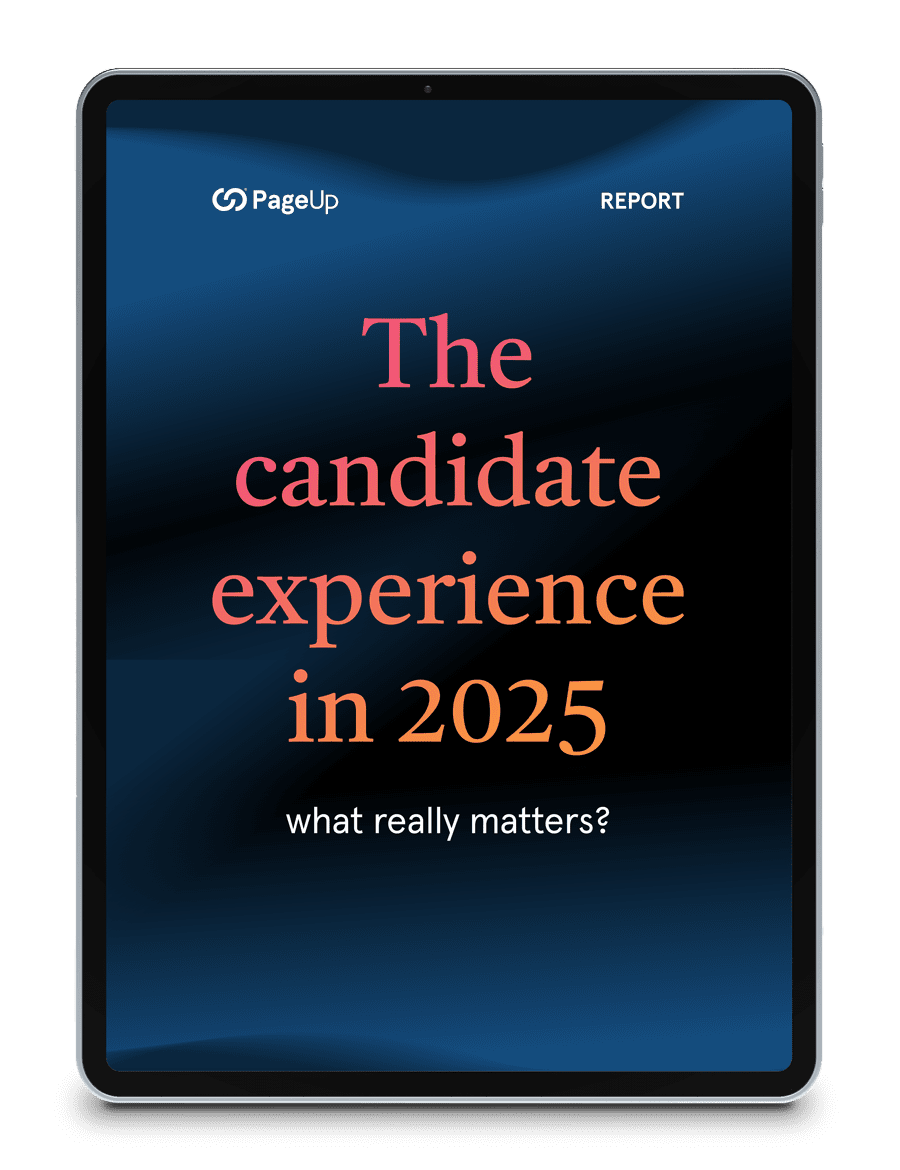OrganisationalOrganizational performance is Marc Effron’s sweet spot, having spent the better part of his career helping some of the world’s largest and most successful companies build better talent strategies to improve business outcomes. With such a deep understanding of the contributing factors to an organisation’s success, we were curious: If Marc had to give HR a performance review, how would the function rank? What are HR’s strengths and what needs improvement? Here’s is Marc evaluation:
OVERALL PERFORMANCE
HR’s Contribution to Business Performance2 – Needs Improvement
Overall, Marc feels that HR is doing okay, but okay is falling short of what business really needs, which is functional excellence in all areas. His review of specific competencies in HR is based on a scale of 1 to 5: 1 – Unsatisfactory; 2 – Needs Improvement; 3 – Meets Expectations; 4 – Exceeds Expectations; 5 – Outstanding.
HR Competencies
Alignment with Business Strategy 2 – Needs Improvement Most HR organisationsorganizations are capable of alignment but, for the most part, HR is still reactive and transactional. HR tends to excel when they get instructions from the company leadership, but that’s still very different from making a strategic contribution to the business. A strong focus on execution is critical – and there should be pride in that – but that’s not really helping to shape strategy.
Gaining a Seat at the Table2 – Needs Improvement
Based on Marc’s experience with HR in large global companies, about half could say they are the right hand of the CEO. They’re integrally involved in strategy formation and in strategy execution. They are essential to the success of the firm, and the CEO would evaluate them that way. But, there are others who are trying really hard but do not have the right leadership and are chasing the wrong outcomes. In many organisationsorganizations – largely because of the CHRO – the HR team is not focused on strategy and in some ways they might be inhibiting it.
Employee Development 2 – Needs Improvement
Probably the worst process in most organisationsorganizations today, HR has both overcomplicated and under-resourced at the same time. This has left employees overwhelmed and confused about how to grow their career, with little actual support from the organization to clarify and guide them.
HR Technology2 – Needs Improvement
Overall, HR is being a bit more efficient with benefits administration, comp administration and all of the technical back-end. HR is also doing a fairly good job of using technology to identify, select and onboard new people into the organisationorganization in a planned, careful way. Few organisationsorganizations however, are really optimizing their use of talent technologies, including analytics and workforce planning tools.
Performance Management2 – Needs Improvement
HR is doing an OK but not great job with the processes that truly improve performance like performance management, helping organisationsorganizations to improve on set goals and how they approach people – the core processes that are performance driven. HR probably isn’t doing what we need to be doing to help organisationsorganizations set fewer, bigger, more challenging goals, like performance coaching, to ensure that performance is at the level it should be.HR really needs to get behind what the business drivers of performance are and re-craft the performance system to align to that.
HR Processes2 – Needs Improvement
HR still is grossly over-complicating almost everything we do. There’s still a significant need to make every process in HR dramatically simpler and easier to use – both for administrative efficiency but also to make sure that things are easy to use for the end user so that they are able to see the value and not spend hours completing the processes.
Business Acumen1 – Unsatisfactory
There are some HR folks who are coming out of the business world – Marc estimates maybe 10 or 15 percent. Many of them are on more of a tour through HR than they are on a lifelong appointment. On the other hand, if you’ve been sitting in HR for 30 years, unless you’ve worked really hard at knowing the business, you don’t have much legitimacy in informing and making business-driven decisions. HR leaders ideally should end up with deep business knowledge, which would be gained by experiencing a broad journey through an organisationorganization in a variety of roles to make that voice legitimate.
Performance Summary
HR has a solid baseline of skills that are relevant and necessary in organisationsorganizations today. To truly contribute to the business, these skills need to be augmented with additional capabilities that elevate HR from a reactive support function to a true strategic business partner.
In Marc’s opinion, it all comes down to that final competency – business acumen: “Everyone cares about money but only some people care about people. If you can help the average business leader understand how having better quality and depth of talent will help them make money, they’ll be far more open to your suggestions. However, since most HR leaders don’t understand the business well enough today to directly make that connection, their ideas will get far less traction than they deserve.”
Fresh insights for HR
Stay up to date with HR trends, tips and more when you sign up for our industry newsletter





